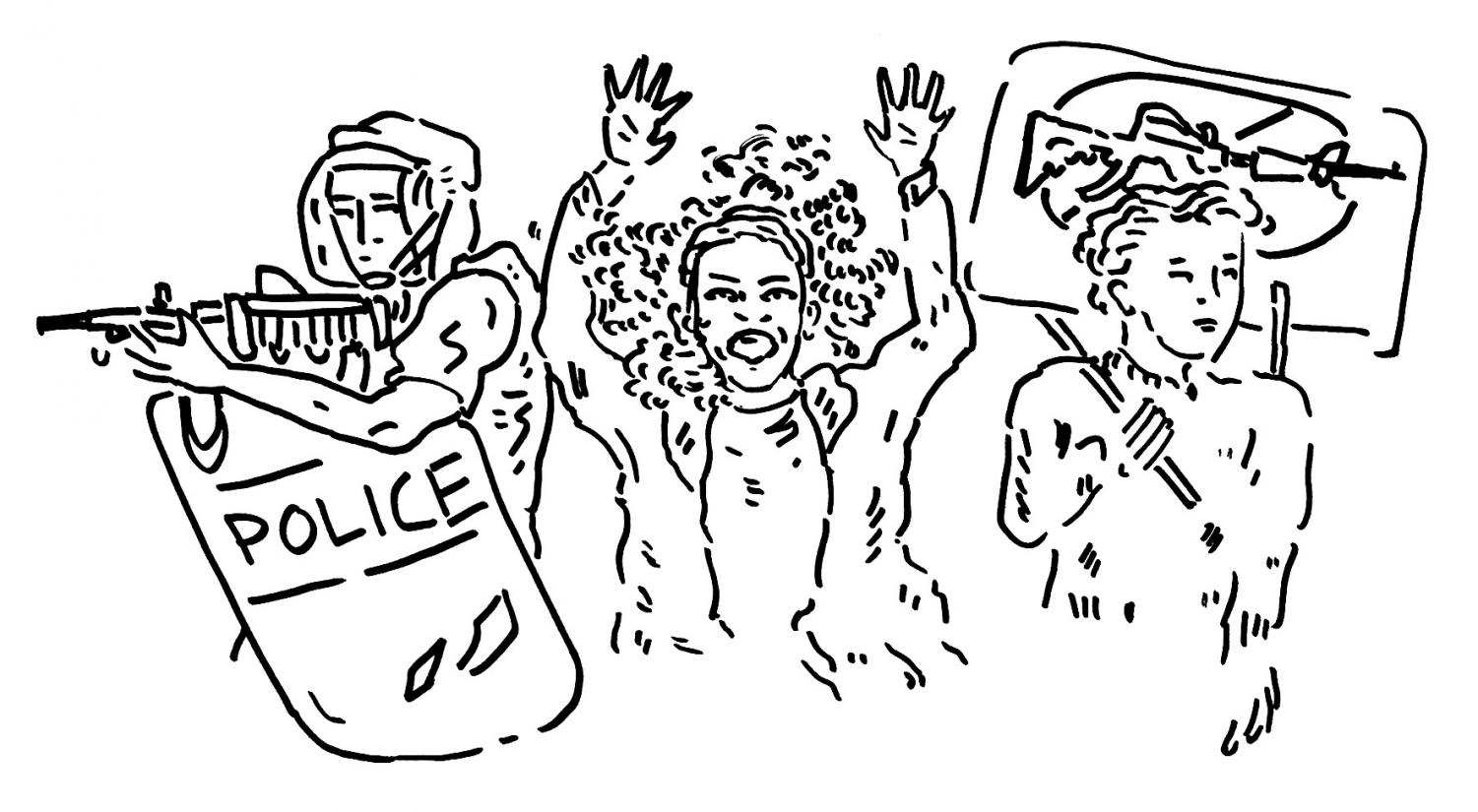March for our Lives and White Supremacy
April 5, 2018
The March for our Lives was hypocritical, despite the good intentions and message behind it. The conditions from which it emerged and the positive media coverage that it received due to the demographics that were involved make it hypocritical and oblivious to the radical problems that should have been addressed. The controversy of this march emerges from the fact that it was originated by and allowed to happen because of the white kids that were protesting. Their protest was considered by the media as the start of a new revolution and an inspiring movement that would commence change in the society. Nevermind the fact that brown and black kids have for many years been not only the most affected by gun violence, but also the ones that have started protests which unfortunately the media has portrayed as “thuggish.”
Although the kids affected by the Parkland shooting have the right to protest and show public outrage, the fact that they are being treated as young leaders with a vision just shows the privilege that certain groups have and others do not. The protest movement has been gentrified. If one looks at the protest pictures, one can see some images in which certain people are raising their fists in the air just like they did during the Black Power movement. Too bad that Black activists get criminalized for gestures that the so-called white activists get praise for.

The ultimate blow came when a recent Time Magazine cover featured the kids that were representing the March for our Lives Protest and what is considered to be their “powerful” message. The most outstanding thing to notice is that all five of them are white. As I said, I do not want to undermine these kids’ bravery, but the fact that throughout the country millions of white people showed up for a protest held for the violence shown in Parkland only highlighted the fact that they did not show up when Ferguson or Baltimore happened. It just gives another indication about which lives matter more in the United States.
The other hypocrisy is related to the inclusion of the police in the protest, oblivious to the fact that the police system is part of the problem. There can be no gun reform without including the major issue of police brutality, and especially the reform of a system that disproportionally affects the brown and black communities who have lost their trust in it. Within the gun control movement, privileged non-black influencers are ignoring the wisdom of black influencers while also asking them to be part of it just to gain recognition in the media. Brittany Packnett, activist and leader on the Intersection of Culture and Justice Movement said in a Mic op-ed that to some black students and activists, school shootings, other mass shootings and police violence are connected and deserve comparable amounts of attention.
“The key to this issue is solidarity. We have to show up for one another and one another’s issues. Don’t only show up when it affects you. Recognize that gun violence affected Alton Sterling and Stephon Clark, just like it did the young people in Parkland and Sandy Hook,” Packnett wrote for The Washington Post. Black voices are commoditized when non-black people want numbers and when they want to give the appearance of diversity without the diversity of opinions and experiences. The political climate in United States has proven that issues which affect predominantly black people are not a priority, even in social movements like March for our Lives. This is because the solutions to the issues that primarily impact the lives and experiences of black people are inherently offensive to the comfort of white people; these are the issues that require white people to address the violence of a system of white supremacy.





poppy • Jul 8, 2023 at 4:43 pm
lol